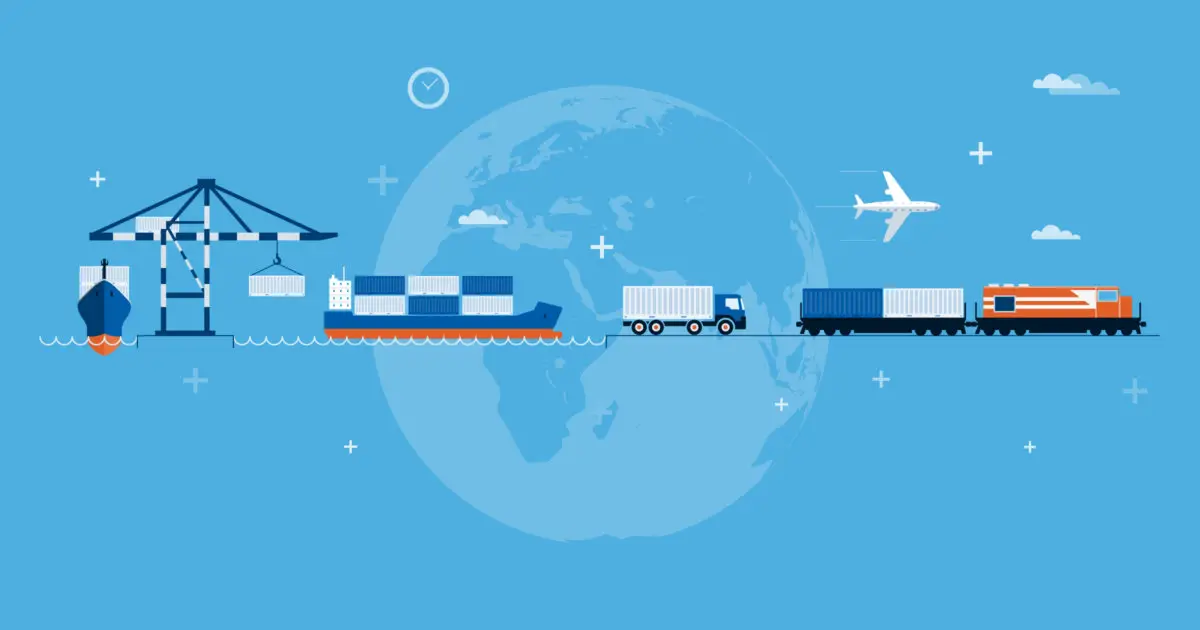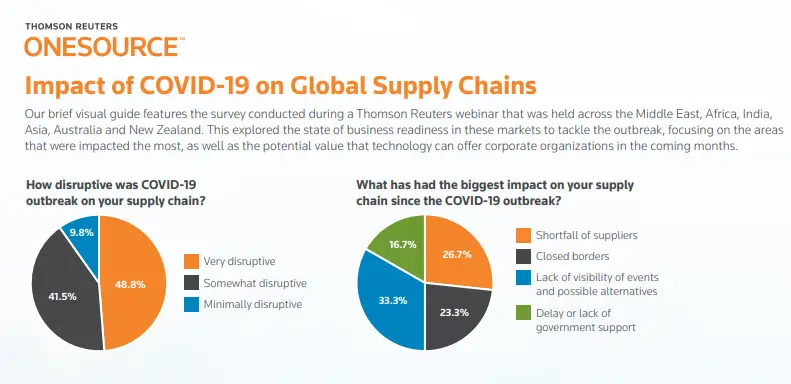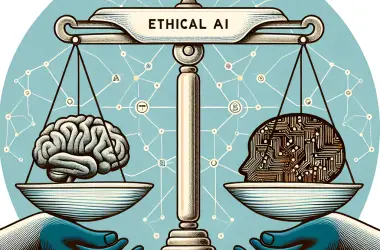AI and Global Trade: Impacts on Supply Chains and Markets

Artificial intelligence (AI) is rapidly transforming global trade, with profound implications for supply chains and markets. AI-powered technologies are enhancing every aspect of international commerce, from optimizing logistics to analyzing customer data.

Optimizing Supply Chains

AI is revolutionizing supply chain management by enhancing visibility, efficiency, and decision-making. Algorithms can track shipments in real-time, predict demand, and optimize inventory levels. AI-powered forecasting models anticipate disruptions, enabling businesses to proactively adjust their operations and maintain continuity.
Enhanced Market Analysis
AI tools provide businesses with unprecedented access to customer data. Sentiment analysis algorithms can gauge customer feedback, identify trends, and personalize marketing campaigns. AI-powered market research tools enable businesses to understand consumer preferences, forecast demand, and target specific market segments.
Increased Efficiency
Automation and AI-powered workflows streamline processes, saving businesses time and resources. Robotic process automation, for example, can handle repetitive tasks such as order processing and invoicing. This frees up human employees to focus on more strategic and creative aspects of their work.
Precision Marketing
AI-powered marketing platforms leverage customer data to tailor personalized advertising campaigns. Advanced targeting algorithms identify the most receptive audiences, maximizing ROI. AI can also optimize ad spend and automate campaign management, leading to increased sales and improved profitability.
Improved Cybersecurity
AI plays a vital role in detecting and mitigating cyberattacks. Machine learning algorithms analyze network traffic and identify suspicious patterns. AI-powered threat intelligence systems provide early warnings and allow businesses to quickly respond to potential breaches.
Ethical Considerations
While AI offers immense benefits, it also presents ethical considerations. Businesses must ensure the responsible use of AI algorithms, including fairness, transparency, and accountability. Governments and industry leaders are working to establish ethical guidelines and regulations for AI in global trade.
In conclusion, AI is a transformative force that is reshaping global trade. By optimizing supply chains, enhancing market analysis, increasing efficiency, enabling precision marketing, and improving cybersecurity, AI empowers businesses to compete more effectively and drive economic growth. However, it is crucial to address ethical considerations to ensure that AI is used for the benefit of society and the global economy as a whole.Ai And Global Trade: Impacts On Supply Chains And Markets
Executive Summary
Artificial intelligence (AI) is rapidly transforming the global trade landscape, impacting supply chains and markets in unprecedented ways. This article explores the multifaceted implications of AI on global trade, discussing its benefits, challenges, and opportunities for businesses and economies.
Introduction
Global trade has long been a driving force behind economic growth and development. However, the advent of AI is introducing a new era of disruption, automation, and efficiency to this vital sector. AI technologies are transforming supply chain management, logistics, and market analysis, creating both opportunities and challenges for businesses operating in the global market.
FAQs
What is AI?
AI refers to the ability of computer systems to perform tasks typically requiring human intelligence, such as learning, problem-solving, and decision-making. Machine learning, natural language processing, and computer vision are key AI technologies driving innovation in various industries, including global trade.
How is AI used in global trade?
AI is leveraged across the global trade ecosystem, including:
- Supply chain management: Optimizing inventory levels, forecasting demand, and automating logistics processes.
- Logistics: Enhancing efficiency in transportation, warehousing, and customs clearance.
- Market analysis: Analyzing market trends, identifying consumer preferences, and predicting future market behavior.
What are the benefits of AI in global trade?
The adoption of AI in global trade offers numerous benefits, including:
- Increased efficiency: Automating manual tasks, enhancing data analysis, and streamlining operations.
- Cost reduction: Optimizing supply chains, reducing logistics costs, and improving decision-making.
- Improved customer experience: Enhancing customer service, personalizing marketing campaigns, and facilitating seamless transactions.
Impacts on Supply Chains
Automated Supply Chain Management
- Demand forecasting: AI algorithms analyze historical data and market trends to predict demand more accurately.
- Inventory optimization: AI systems monitor inventory levels and automatically adjust orders to prevent shortages or overstocking.
- Logistics optimization: AI algorithms analyze multiple transportation options and routes to determine the most efficient and cost-effective delivery methods.
Impacts on Logistics
Intelligent Transportation
- Autonomous vehicles: Self-driving trucks and ships improve safety and efficiency, reducing transportation costs.
- Real-time tracking: AI-powered tracking systems provide real-time visibility into shipments, enabling faster and more efficient delivery.
- Intelligent warehouses: AI-controlled automated warehouses enhance productivity, reduce errors, and optimize storage space.
Impacts on Markets
Predictive Market Analysis
- Customer segmentation: AI algorithms analyze customer data to identify target segments, enabling personalized marketing campaigns.
- Market forecasting: AI algorithms leverage machine learning to analyze market trends and predict future demand patterns.
- Dynamic pricing: AI-powered algorithms adjust product prices based on market dynamics, optimizing revenue and improving customer satisfaction.
Conclusion
AI is revolutionizing global trade, transforming supply chains, logistics, and markets. By embracing AI, businesses can achieve greater efficiency, reduce costs, and gain a competitive edge in the global marketplace. However, it is crucial to approach AI adoption strategically, considering both its opportunities and challenges, to harness its full potential.
Keyword Tags
- Artificial intelligence (AI)
- Global trade
- Supply chain management
- Logistics
- Market analysis

